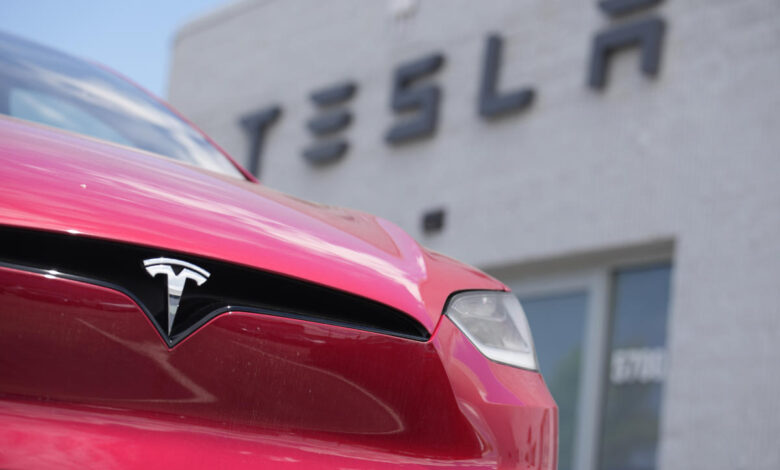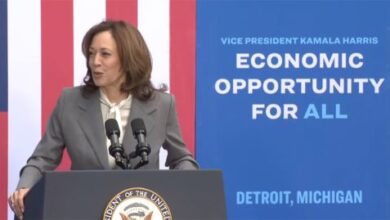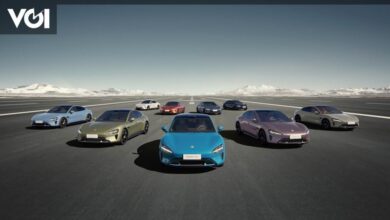Canada’s EV rebate program hits record as Tesla dominates claims

Canada’s federal electric vehicle incentive program has surged in popularity since 2023 as buyers seek discounts on a segment of eligible vehicles dominated by Tesla (TSLA).
Elon Musk’s automotive brand accounts for about a quarter of claims so far in 2024, about twice the share of its nearest competitor, according to data from Transport Canada.
Ottawa’s iZEV program offers a $5,000 rebate for battery-electric vehicles and plug-in hybrids (PHEVs) with an electric range over 49 kilometres. PHEVs with less range qualify for a $2,500 rebate. Eligible passenger cars must have a base price less than $55,000, rising to $65,000 for SUVs, minivans and pickups.
In April, the latest month for which data are available, the program received 19,162 claims, up 157 per cent year over year. April’s total is the highest since the iZEV program was introduced in May 2019. The previous high was in August 2023.
However, evidence of slowing sales growth is fuelling skepticism about the strength of the market.
According to Statistics Canada, zero-emission vehicles accounted for 11.3 per cent of overall light vehicle registrations in the first quarter of 2024, down from a peak share of 12.3 per cent in the third quarter of 2023. Last week, BloombergNEF cut its battery-electric sales projections by 6.7 million vehicles through 2026.
Quebecers are the top users of the federal iZEV program so far in 2024. Drivers in that province filed over half of the roughly 60,000 claims submitted this year. Ontario and British Columbia followed, submitting about 12,000 claims each.
Tesla vehicles have dominated submissions this year, accounting for 25.7 per cent of the total through the end of April. Hyundai, Ford (F), Toyota and Kia round out the top five brands.
Last month, J.D. Power Canada’s director of the automotive practice told Yahoo Finance Canada that tighter household budgets and higher borrowing costs are stifling the shift from fossil fuel. J.D. Ney also notes Canadians often prefer pricier vehicles, with longer range and four-wheel drive, which may not qualify for incentives.
“The types of EVs that Canadians are most interested in are the most expensive in the marketplace,” he said in an interview.
Jeff Lagerquist is a senior reporter at Yahoo Finance Canada. Follow him on Twitter @jefflagerquist.
Download the Yahoo Finance app, available for Apple and Android.



